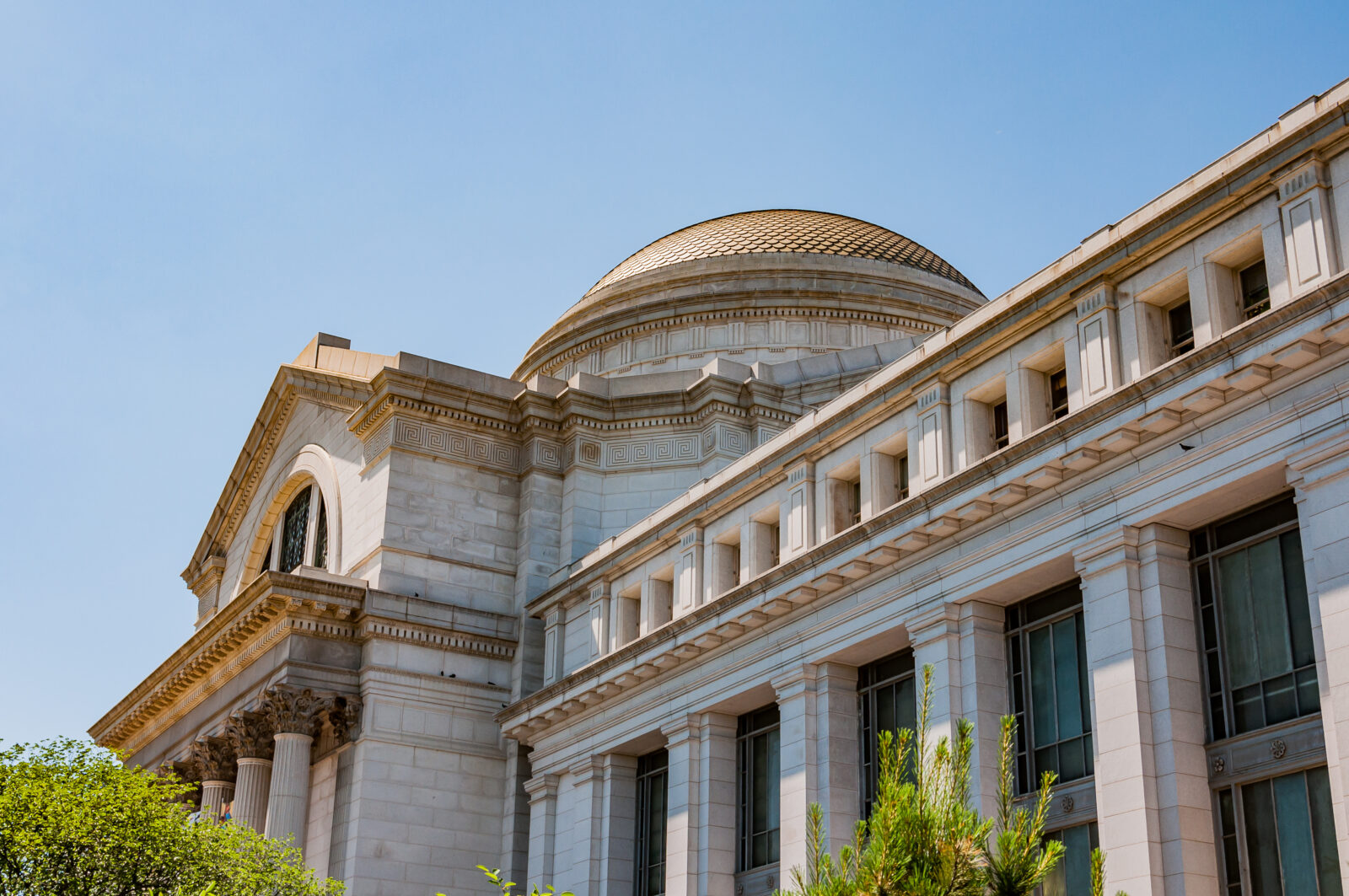Smithsonian Exhibit Monkeys Around with the Scientific Evidence on Human Origins
Published in New York PostThe Trump Administration recently called out the Smithsonian Institution for pushing “one-sided, divisive political narratives,” leading GOP Sen. Jim Banks last week to introduce a bill prohibiting the Smithsonian from promoting woke ideology, as The Post exclusively reported.
But American history isn’t the only domain in which the Smithsonian, with an ideological ax to grind, advances misinformation. The National Museum of Natural History’s Hall of Human Origins vastly distorts the scientific evidence on human evolution, seeking to convince visitors that there’s nothing special about us as human beings.
“There is only about a 1.2% genetic difference between modern humans and chimpanzees,” the exhibit starts, with large photos of a human and apes. “You and chimpanzees [are] 98.8% genetically similar.”
No doubt you’ve heard this statistic before because many science popularizers say the same thing.
Yet it’s been known for years that these numbers are inaccurate. Thanks to a groundbreaking April paper in the journal Nature, we know just how wrong they are.
